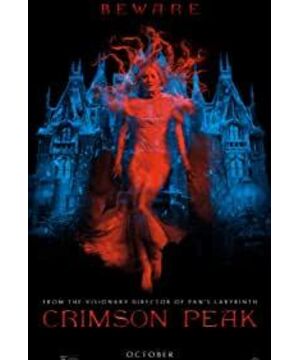The story was written in a crimson red ink with a such delicate fountain pen of which it is exquisite but sharpe just as the way it was designed so.
A young female writer was judged by the male publisher regarding a neat handwriting as her ought to write more about some love stories. A typical woman image as all men were thought so back then.
The denial of her own female identity so began with the displacement of writing with typewriter rather a “fountain pen”, for the seek of blurring her social identity as a female.
The reconstruction of her female identity rises from the moment that Edith stabbed the sister with the golden fountain pen. As for now, us, start to see the fragility and delicacy of femininity has also been the inherent strength which has never meant to be relinquished.
The fountain pen, as she said, it's just a metaphor.
On the flip side, Lucille is every inch a powerful villainess. She's calculating and cruel, with a twisted beating heart operating things unhinged, such a classical femme fatal, pretty and yet evil.
It is the male character who does not have all that much to do. Thomas is entirely shaped by the women in his life. His love for Edith and his love for Lucille defines him from the past to the present; he has no real motivations outside of them. While this does not necessarily a strong character make, it's a fascinating inversion to see a man defined by powerful women rather than vice versa.
The crimson footsteps emerge from beneath the pristine white snow is in the innate destiny as feminine power meant to be seen.
View more about Crimson Peak reviews











